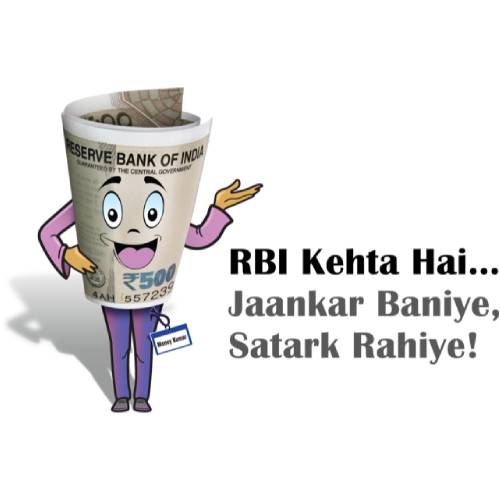SEWA: Banking On Each Other
March 02, 2013
It was the early seventies. Around the time when the National Dairy Development Board was established in Anand and the White Revolution or Operation Flood – the largest dairy development in the world – had been launched. Co-operatives were creating waves of change.
A small group of migrant women living on the streets of Ahmedabad were working as cart-pullers in the cloth market. They approached Ela Bhatt who was heading the women's wing of the Textile Labour Association then to help them find shelter.
While accompanying them around the streets where they lived and the place where they worked, Elaben met other working women - head-loaders, carrying loads of clothes between the wholesale and retail markets. As she sat with them on the steps of the warehouses where they waited for work, they discussed their jobs and their low and erratic wages.
Ela Bhatt wrote an article for the local newspaper on the problems of the head-loaders. The cloth merchants countered the charges against them with a news article of their own, denying the allegations. The Women's Wing reprinted the merchants' claims on the cards and used it to get the benefits from the merchants.
Soon word of this effective ploy spread and a group of used garment dealers approached the Women's Wing with their own grievances. During a public meeting of these women, a woman suggested they form an association of their own. This was the beginning of Self-Employed Women's Association (SEWA) in December 1971.
A year later, women realized that the money they earn is spent, at times on small indulgences. The savings were too small for them to take time off work to go and deposit in a bank. They were also illiterate and found it daunting to enter the formal environment of a bank with its tough-looking security and important-looking officers sitting behind intimidating desks. They would rather save just in case tomorrow a crisis comes knocking on her door.
They decided through SEWA to set up a bank of their own which would have products and services suitable to their needs. SEWA Bank which is a cooperative bank by these women was established. Today, Laxmibai a trader manages to put away Rs.200 every month in her SEWA Bank account, Vaishali a housemaid stashes away Rs.100-Rs.150 every month and Varshaben a beedi roller saves Rs.75 every month. Today, SEWA Bank has a deposit outstanding of Rs.111.26 crore from nearly 4 lac women and the same money is used to extend loans to borrowers. The loan outstanding of the bank is Rs.56.22 crore. The Bank declared a profit of Rs.94.43 lac last year.
So, how is this bank different from the regular banks? We caught up with Jayshree Vyas, Managing Director of SEWA Bank.




